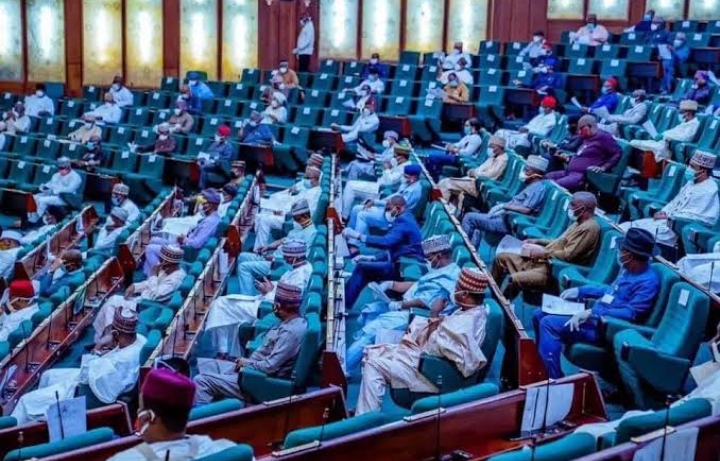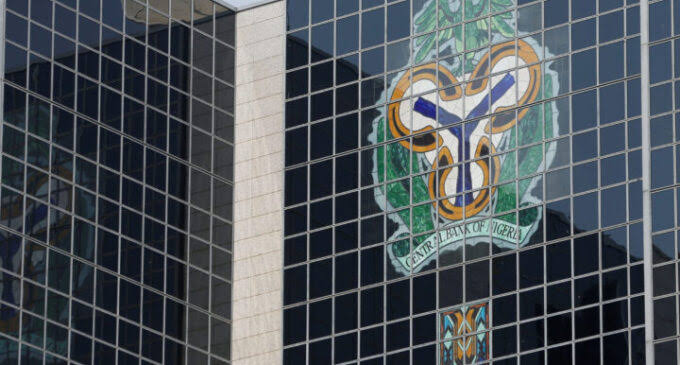Rivers: Army Uncovers 9 Reservoirs,5m Litres Of Stolen Crude Oil
Mohammed Shosanya
The Nigerian Army, 6 Division in Port Harcourt has on Wednesday discovered another nine reservoirs containing over five million litres of stolen crude in Rivers State.
The reservoirs were discovered in a thick forest at Obaoma and Uzuoma villages in Kom-kom Community, Oyigbo local government area of Rivers State had 15 boilers used in refining the stolen crude.
The General Officer Commanding, GOC, 6 Division Nigerian Army and Land Component Commander, Joint Task Force, South South, Operation Delta Safe, Major General Jamal Abdussalam, while conducting newsmen around the illegal refining site said the feat followed credible intelligence gathered by officers of the division.
He said the 6 Division Nigerian Army would not relent in ensuring that the fight against illegal oil bunkering is won in Rivers and other Niger Delta States.
He added: “In continuation of our operations to destroy illegal refineries and connections within our area of responsibility, and based on credible intelligence early today, 31st January, 2024, our troops raided this location.
“I thought we will not see anything more than the last raid we carried out in Odagwa, but unfortunately, we are seeing very sad and massive illegal activities taking place in this area also.
“Today, we discovered over 15 boilers and 9 reservoirs. From what we have seen here, the crude oil that has been stolen and reserved here for processing is over five million litres.”
He further disclosed that his team intercepted about five large wooden boats that contained upward of about 200 to 300 litres of crude oil along the Imo River leading to the forest.
“On our way here, we have met more than five large Cotonou boats capable of taking upwards of 200 to 300 litres filled with crude oil.
“It is indeed very sad that this activities has continued. We will not get tired, we will continue doing our job until we get rid of these activities in this area.”
The Army regretted that the illegal business has been aided by professionals who are hell bent on sabotaging the efforts of the government.
He said:”As you can see the facilities here, it is not common person on the road that will come to set up something like this, it needs money, it needs expertise and careful setting beyond the labourers we arrested last time.
“Our message has always remained the same, this activity is criminal, illegal and dirty. We call on these criminals who are into these activities to embrace peace and engage in legitimate business like other Nigerians and allow the government to do what it is supposed to do.”






